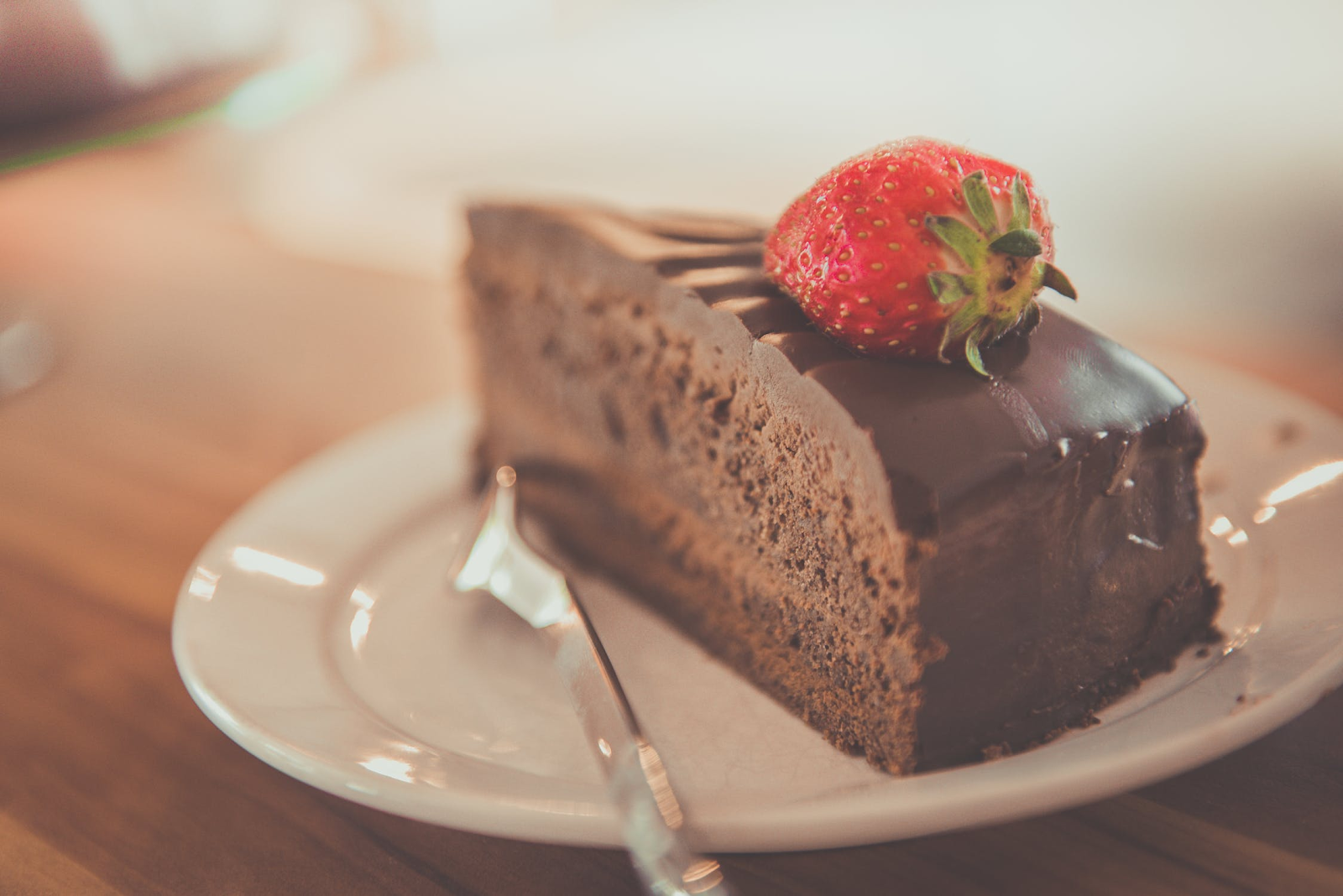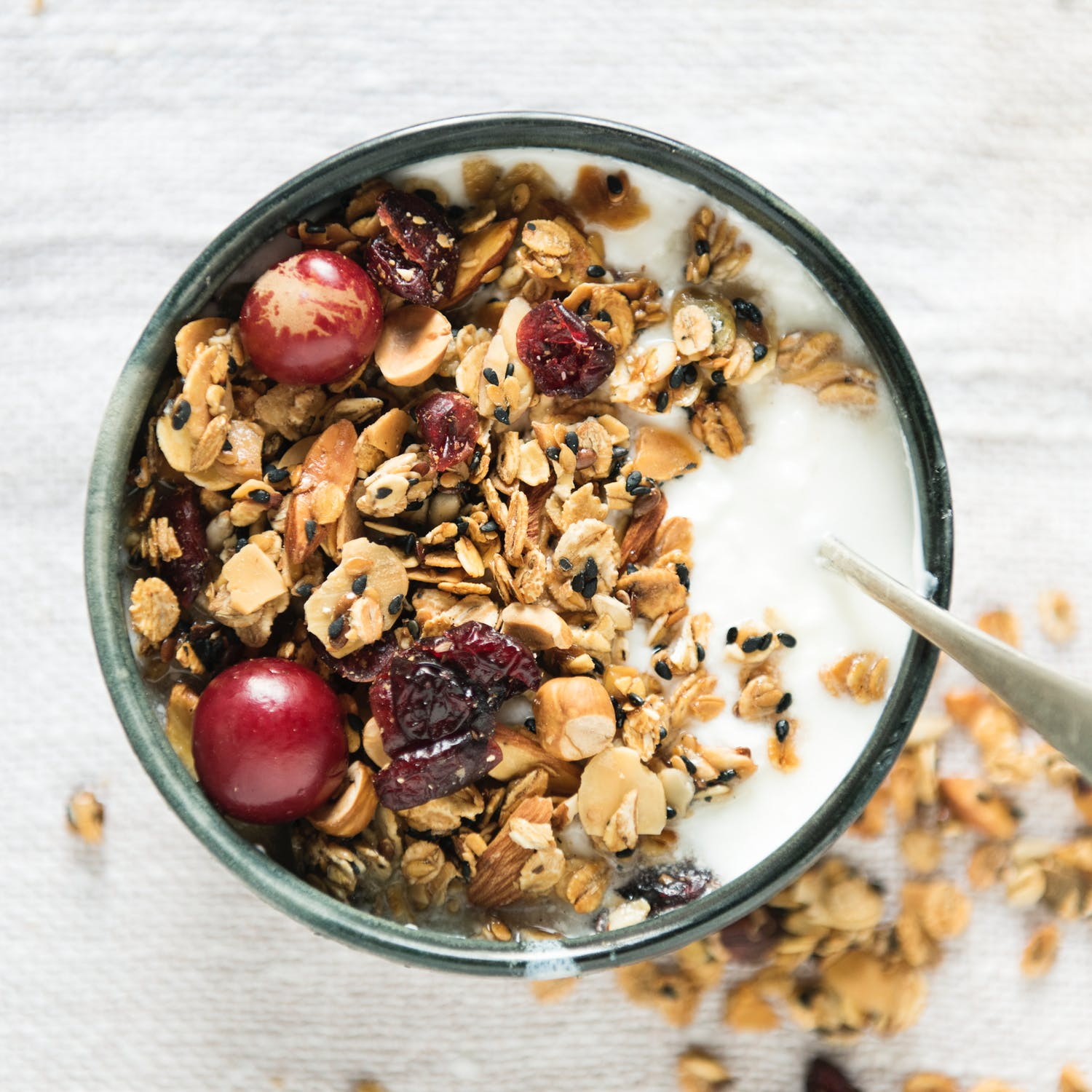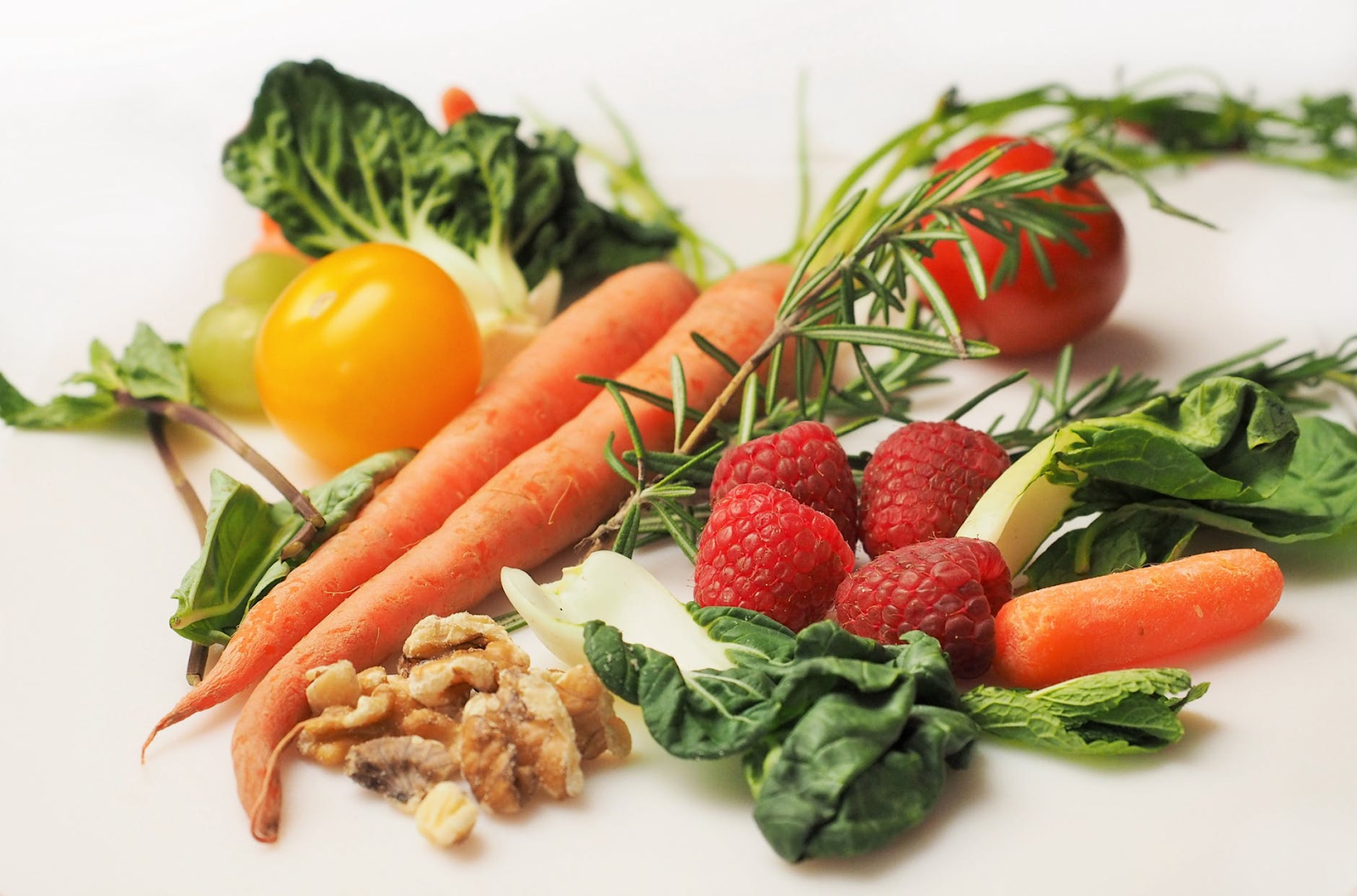Bacteria are often thought of as little evil creatures, eager to destroy your health and wellbeing. While some serious illnesses are caused by bacteria, there are also trillions of bacteria inside of us that are working around the clock to keep us healthy!
If you’ve been keeping up with the latest health news, you may have noticed that there is a lot of talk about how the bacteria residing in your gut can affect your health — evidence shows that they can have a positive effect on your metabolism and your immune system. In fact, these little helpers are so influential that they may also be able to influence mood in those with depression or anxiety.
How Does It Work?
Because there are many nerve endings in your gut that send messages straight to your brain, the level of certain kinds of bacteria may influence what kinds of messages they send. In people with depression, two types of bacteria were consistently found to be missing: Coprococcus and Dialister.
Although the suggestions of these findings are exciting, they do not guarantee causality — in fact, some scientists suggest that more studies with human subjects should be done before a conclusion is reached, as most research before this study was done with animal subjects rather than humans.
What Can You Do To Keep Your Gut Healthy?

Most important to gut health is a healthy diet. Sugars and fats can actually kill certain strains of bacteria, and since the aim is as much diversity of bacteria as possible, maybe skip that slice of cake for now.
Prebiotics and probiotics both work to keep your gut flora happy — as the names suggest, prebiotics set the stage for probiotics to do their work. Prebiotics can be found in foods such as onion, garlic, and beans, but in trace amounts. The easiest and most practical way to get your recommended dose of prebiotics is in a supplement such as Bimuno.

You may have heard the buzz about probiotic yogurts — and it’s not fake news. Consuming probiotics places the bacteria in them directly into your gut, so it can be a great way to increase diversity. Yogurt isn’t the only probiotic — they are also present in special milks, supplements, or the popular Japanese seasoning miso.

Eating a ton of fiber is always a good tip when dealing with the digestive system, and it especially helps your microscopic friends. Fiber ensures that they will be able to properly clear out the digestive system and keeps them healthy and thriving. Many vegetables, such as broccoli and carrots, are high in fiber, as well as whole grain breads and pastas, oats, berries, pears, and nuts.
Though research is not conclusive, it’s important to remember that keeping your gut bacteria is not just beneficial for your mental health — it keeps you physically healthy as well. Either way, keeping your microbiome healthy and happy is a win for you. That said, if you are seriously struggling with your mental health, don’t leave it up to your bacteria to fix it — don’t hesitate to talk to a mental health professional.
